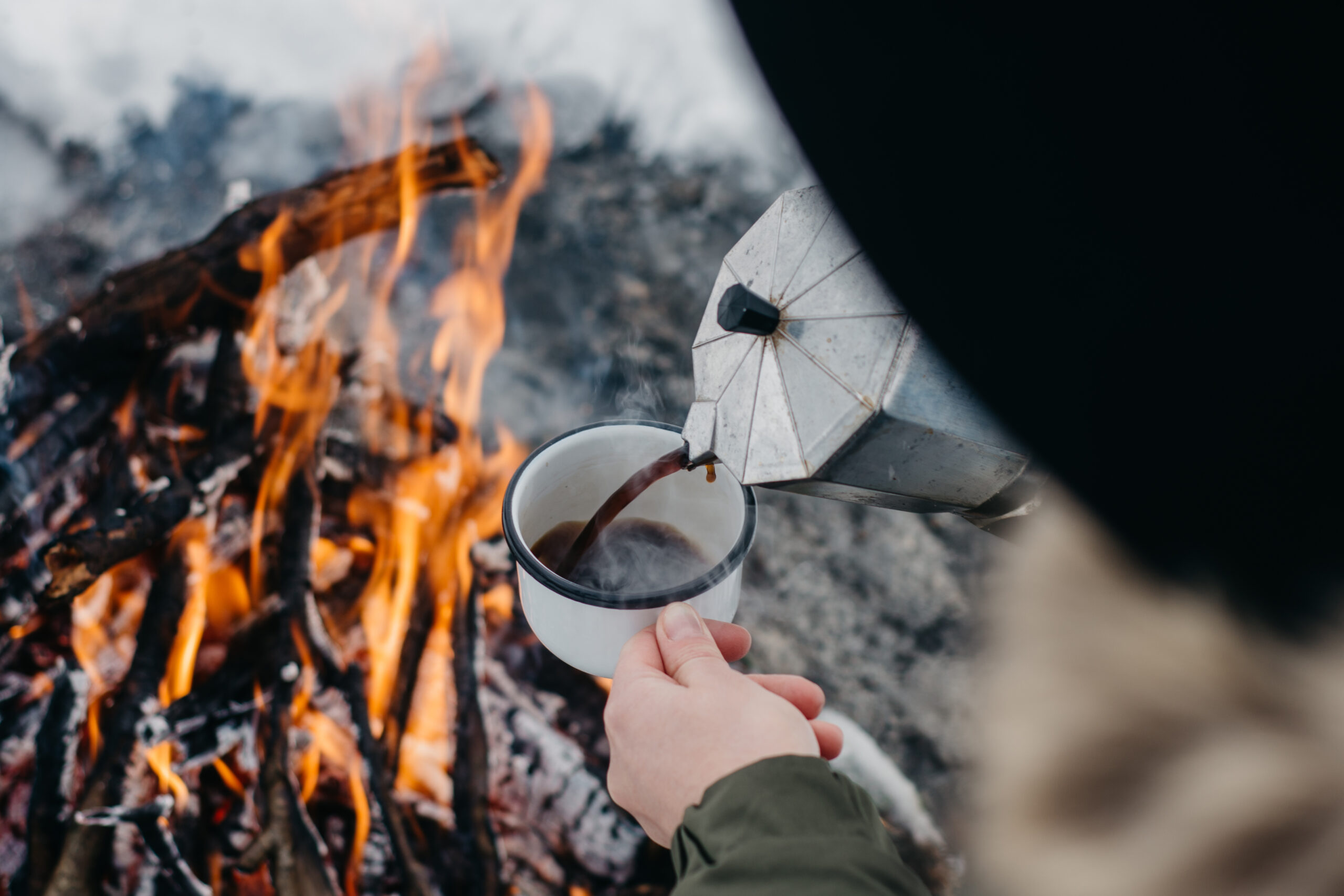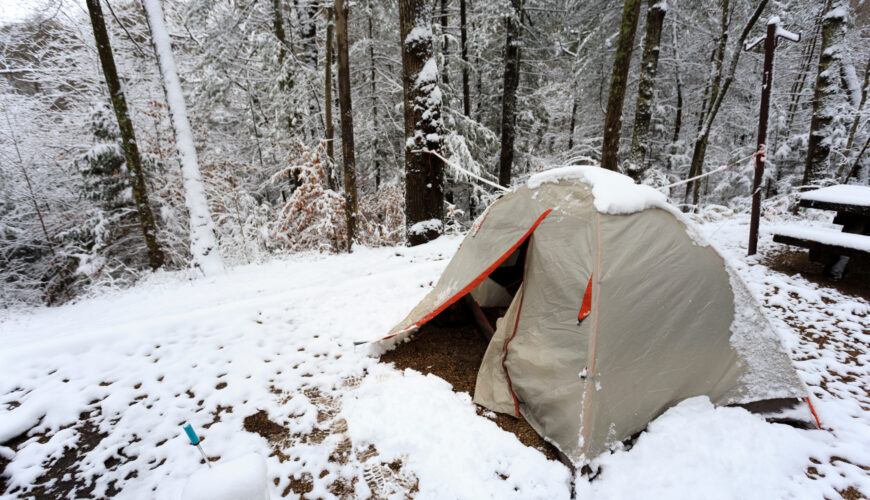Tactics
Spinnerbaits for Bass
January 30, 2026 •John N. Felsher
December 26, 2024
Winter camping isn’t for the faint of heart, but with the right preparation, it can be one of the most rewarding outdoor experiences. The crisp air, quiet landscapes, and snow-draped wilderness create a serene backdrop for those daring enough to brave the cold. Whether you’re a seasoned camper or venturing out for the first time, these tips will help you stay safe, warm, and prepared for your winter outing.
In winter camping, your gear is your lifeline. Start with a four-season tent designed to withstand snow and high winds. A sleeping bag rated for temperatures 10–20 degrees lower than the coldest expected night is a must. Pair it with an insulated sleeping pad to prevent heat loss to the ground.
Clothing should follow the layering system:
Don’t forget insulated gloves, a hat, and thick wool socks. Your extremities are the most vulnerable to frostbite.

The key to staying warm is staying dry. Avoid sweating by shedding layers during strenuous activity. At camp, change out of damp clothes immediately. Fill a metal water bottle with hot water and tuck it into your sleeping bag at night for extra warmth.
Remember to fuel your body with high-calorie foods and hot drinks to maintain energy levels and body heat. Dehydration can accelerate the effects of cold, so drink plenty of fluids—even if you don’t feel thirsty.
Winter terrain can be unpredictable. Use snowshoes, crampons, or microspikes depending on the conditions. Always pack trekking poles to help navigate icy trails and distribute weight evenly.
If traveling in areas prone to avalanches, carry avalanche safety gear, such as a beacon, probe, and shovel, and ensure you know how to use them.
Look for a sheltered campsite protected from the wind. Avoid low-lying areas where cold air settles or under heavy snow-laden trees that could break under their weight.
Pack snow to create a firm base for your tent. This not only makes setup easier but also prevents you from sinking into loose snow overnight. Consider building a snow wall around your tent to block wind.
Monitor weather conditions before and during your trip. Sudden storms can transform a manageable outing into a dangerous situation. Always let someone know your plans, including your route and expected return time.
Watch for signs of hypothermia and frostbite. If someone becomes disoriented, lethargic, or has numbness that doesn’t subside, take action immediately to warm them and seek help if necessary.
Winter camping is as much about preparation as it is about mindset. Embrace the challenges and take time to appreciate the unique beauty of the winter landscape. Whether you’re sipping cocoa by a crackling fire or marveling at the snow-draped trees under a starry sky, the memories you make will last a lifetime.
With these tips in mind, you’re ready to tackle your winter camping trip. Stay safe, stay warm, and make the most of the season!
